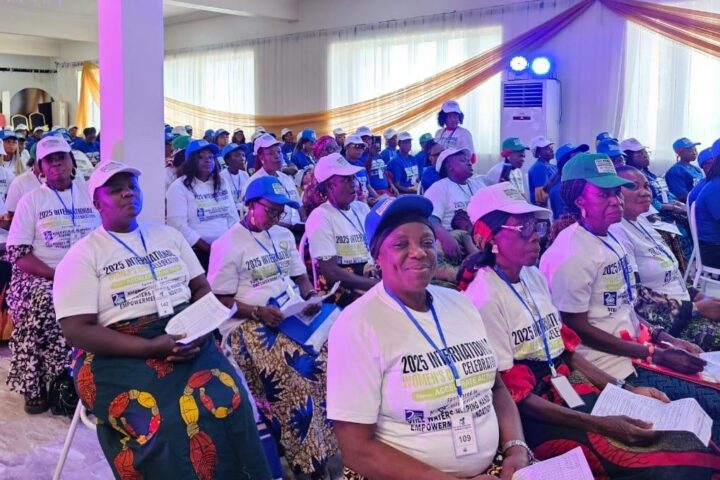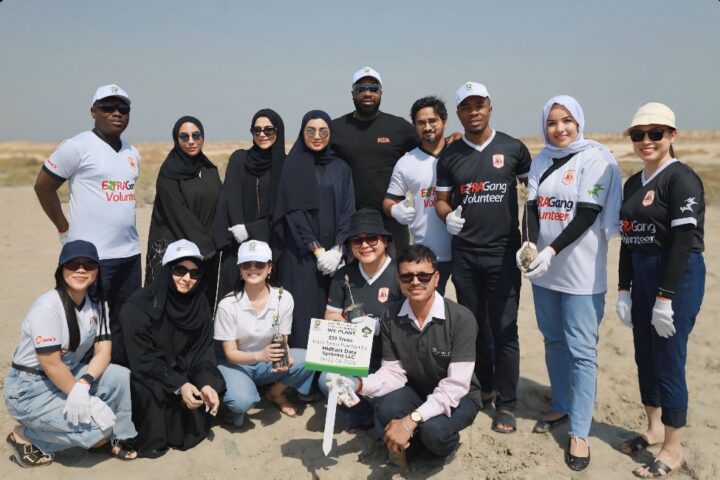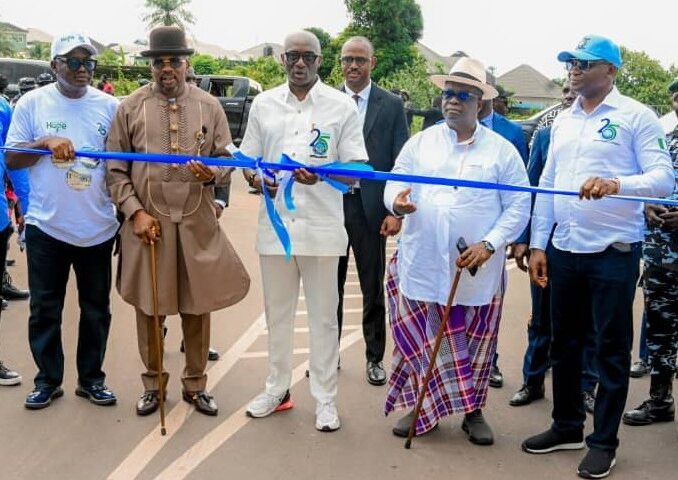
Canada and Hong Kong have detected the Omicron variant of the COVID-19 virus in three people who travelled recently to the two countries from Nigeria.
The government of the Canadian city of Ontario confirmed that the two cases are in the capital Ottawa.
It said both patients are in isolation while public health authorities trace their possible contacts, federal and Ontario provincial officials said.
“I was informed today by the Public Health Agency of Canada that testing and monitoring of COVID-19 cases has confirmed two cases of the Omicron variant of concern in Ontario.As the monitoring and testing continues, it is expected that other cases of this variant will be found in Canada.”,Health Minister Jean-Yves Duclos said in a statement.
In order to reduce the transmission of the Omicron variant and out of an abundance of caution, Ottawa Public Health, Canada, advised individuals who have been in Nigeria, South Africa, Mozambique, Botswana, Zimbabwe, Lesotho, Eswatini, and Namibia, within 14 days before arriving in Ottawa, and members of their households to immediately self-isolate even if fully vaccinated.
Besides,a 37-year-old male who travelled from Nigeria has been identified as the third case of the Omicron variant of COVID-19 in Hong Kong, health officials reported at a news briefing yesterday.
The man had transited through Ethiopia and arrived in Hong Kong on November 24,according to government data.
He had been quarantining at the Ramada Hong Kong Grand View hotel before testing positive for the variant.
The man was asymptomatic and had received two doses of the Moderna vaccine, Sophia Chan, Hong Kong’s Secretary for Food and Health, said in the briefing.
“Our existing system is robust and also able to stop any transmission,” Chan added, stating that the use of boarding requirements, quarantine and testing enabled them to prevent the new COVID-19 variant entering the community.
The WHO yesterday said its scientists and other scientists around the world are working urgently to find answers the questions that have arisen from the discovery of Omicron.
Director-general of WHO, Dr Tedros Adhanom Ghebreyesus, who stated this yesterday at the special session of the World Health Assembly, said, “We don’t yet know whether Omicron is associated with more transmission, more severe disease, more risk of reinfections, or more risk of evading vaccines. Scientists at WHO and around the world are working urgently to answer these questions.”
He advised all countries to be wide awake to the threat of the virus, stating that the “Omicron’s very emergence is another reminder although many of us might think we are done with COVID-19, it is not done with us.
“The South Africa and Botswana should be thanked for detecting, sequencing and reporting this variant, not penalised.”
Lamenting that more than 80 per cent of the world’s vaccines have gone to G20 countries, Ghebreyesus said low-income countries, most of them in Africa, have received just 0.6 per cent of all vaccines.
“We understand and support every government’s responsibility to protect its own people; it’s natural, but vaccine equity is not charity; it’s in every country’s best interests. No country can vaccinate its way out of the pandemic alone. The longer vaccine inequity persists, the more opportunity this virus has to spread and evolve in ways we cannot predict nor prevent.
“The COVID-19 pandemic is a powerful demonstration that health is not a luxury, but a human right; not a cost, but an investment; not simply an outcome of development, but the foundation of social, economic and political stability and security.
“In the coming months and years, other crises will demand our attention, and distract us from the urgency of taking action now. Now is the time for all countries to make the choice to invest in a healthier, safer and fairer future. Global health security is too important to be left to chance, or goodwill, or shifting geopolitical currents, or the vested interests of companies and shareholders,” he said.
















